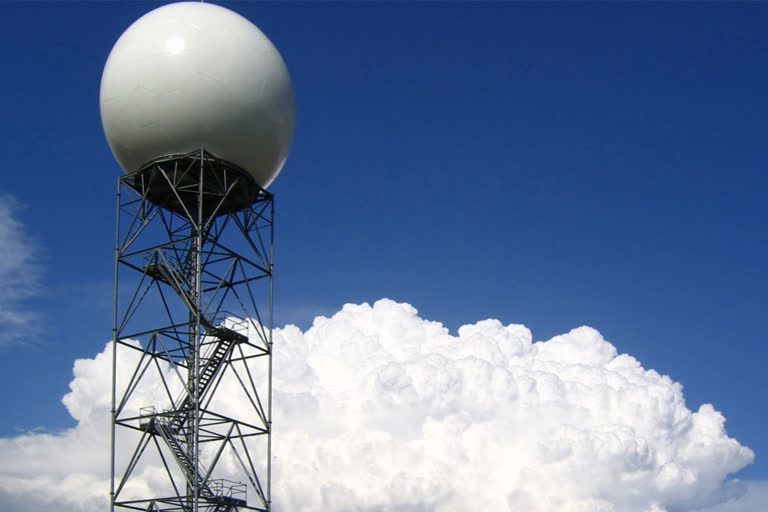New Delhi: Even as India is ramping up its radar infrastructure on the frontier facing China, China is also fast-tracking the installation and upgrade of a string of radar facilities along the 3,488-km Line of Actual Control (LAC) from Ladakh to Arunachal Pradesh while it is engaged in talks with India to resolve the border dispute.
Besides China’s radar unit in Drongpa (Zhongba) County at 5,600 metres (18,370 ft)—possibly the highest radar installation—overlooking Nepal and covering a broad sweep of Indian territory in east and northeast India and Bhutan, the PLA has installed and upgraded a range of major radar installations including HGR-105, JY-9, JY-26 and JLC-88B radars very close to the Indian border.
The main radar hubs to monitor activity on the Indian side along the border include Yecheng-Burang (on the Xinjiang-Tibet Highway), Pagri (Phari) in Yadong county, Yamdrok Tso in Shannan county, Tsona and Kechen (across the Tawang sector in Arunachal Pradesh), Qomo and Nyingchi (across Arunachal Pradesh).
On the other hand, India is in the process of setting up eight L-band Long-Range Tracking Radars (LRTR) in north and northeastern India with a China focus.
In the past, while India was mainly focused on setting up radar facilities with Pakistan in mind, the border with China is occupying primacy now while for China the focus includes the India frontier which is a change from the earlier mindset which focused on the coastal region.
While China has been focused on installing and upgrading radars on the stretch from eastern Ladakh to Arunachal Pradesh, India has to focus on the border facing Pakistan too besides the LAC and the MacMahon Line facing China.
With the about 19-month-long faceoff between India and China on the 3,488 km long Line of Actual Control (LAC) showing no strong signs of abating immediately, an aggressive and intense race is on between the two nations to install new and upgrade existing radars along the border area.
The radar race is taking place in the backdrop of frenetic road building activity and unprecedented military deployments on both sides of the border even as senior commander-level military and diplomatic talks are on.
Till now, 13 rounds of talks at the senior commander level have taken place between the two sides in eastern Ladakh to resolve the tense situation arising out of a few violent border spats between soldiers of the two sides since May last year.
In particular, the last round of talks on October 10, 2021 ended with a verbal spat with the Chinese side blaming the Indians for an incident in the Tawang sector of Arunachal Pradesh on September 28, 2021 which resulted in a face-off between patrol parties of the two sides.
On the other hand, Indian army sources had stated: “This is routine business whenever patrols meet wherever there's differing perceptions on LC. Both sides patrol. Just that in this instance, the patrols happened to meet.”
The earlier 10 rounds had taken place last year on July 31, April 9, June 6, June 22, June 30, July 14, August 2, September 21, October 12, and November 6, while three rounds had taken place this year on January 24, February 20 and October 10. (END)



